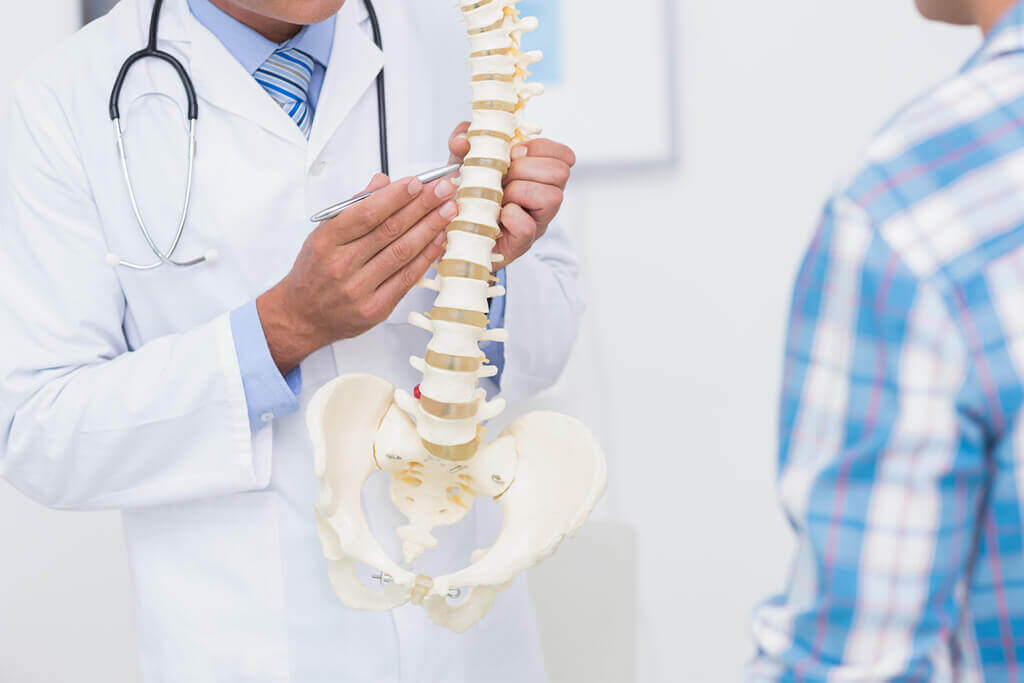Hoarseness
Introduction
Anatomy
Causes
Symptoms
Diagnosis
Your doctor will review your medical history and lifestyle habits. Blood tests and throat cultures may be done to help identify a medical cause. Your doctor will examine your throat and vocal cords. The vocal cords may be examined with an endoscope. An endoscope is a thin tube with a viewing instrument and a light. The endoscope is inserted through the nose to allow the doctor to view your vocal cords while you speak. It is inserted into your mouth to create a magnified view of your vocal cord structures.
Treatment
Prevention
• Eating a healthy diet, exercising regularly, getting plenty of sleep.
• Drink plenty of water and avoid products that contribute to dehydration, such as caffeine, alcohol, decongestants, and antihistamines.
• Avoid spicy and acidic foods, mint, chocolate, milk products, alcohol, and carbonated beverages that can increase stomach acid and cause GERD.
• Do not smoke cigarettes and avoid second hand smoke
• Talk to your doctor before using aspirin, NSAIDS, or blood thinning medication as they can cause vocal cord bleeding and hoarseness
• Use proper breathing techniques
• Avoid forceful throat clearing or coughing.
• Use a humidifier in your home.
Am I at Risk
Your risk for hoarseness is increased if you scream or shout, such as during sporting events, rock concerts, or cheerleading. Public speakers are at risk for hoarseness if they do not use proper vocalization techniques. People that smoke cigarettes have an increased risk of hoarseness because smoking dries out the mouth.
Certain medical conditions can increase your risk of hoarseness, including:
• GERD
• Upper respiratory infections
• Colds
• Bronchitis
• Dehydration
• Vocal cord polyps
• Allergies
• Smoking, the risk is greater if drinking alcohol and smoking
Less frequent risk factors include:
• Thyroid disorders
• Trauma
• Neurological conditions
• Female menstrual cycle
• Laryngeal cancer

Copyright © - iHealthSpot Interactive - www.iHealthSpot.com
This information is intended for educational and informational purposes only. It should not be used in place of an individual consultation or examination or replace the advice of your health care professional and should not be relied upon to determine diagnosis or course of treatment.
The iHealthSpot patient education library was written collaboratively by the iHealthSpot editorial team which includes Senior Medical Authors Dr. Mary Car-Blanchard, OTD/OTR/L and Valerie K. Clark, and the following editorial advisors: Steve Meadows, MD, Ernie F. Soto, DDS, Ronald J. Glatzer, MD, Jonathan Rosenberg, MD, Christopher M. Nolte, MD, David Applebaum, MD, Jonathan M. Tarrash, MD, and Paula Soto, RN/BSN. This content complies with the HONcode standard for trustworthy health information. The library commenced development on September 1, 2005 with the latest update/addition on February 16, 2022. For information on iHealthSpot’s other services including medical website design, visit www.iHealthSpot.com.


